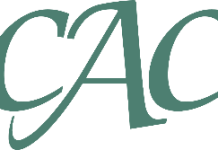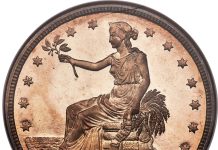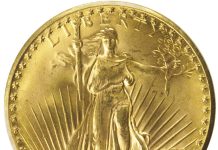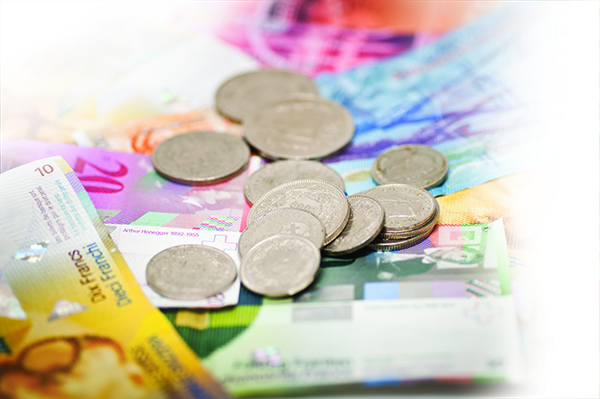
By Edward Kiersh
A man without money, without even a few coins in his pocket, is a man adrift, lost in limbo, even reduced to a loneliness bordering on desperation.
In Switzerland, a country synonymous with hidden bank accounts, vast wealth, and privilege, a place where World War II refugees fled with coins secreted in their clothing, no coins in one’s pocket raised all sorts of sinister specters. An anxiety that augured something very dire was about to happen.
My stay at the Grand Hotel Villa Castagnola, a stately five-star estate on the shores of Lake Lugano, had started off on a much brighter note.
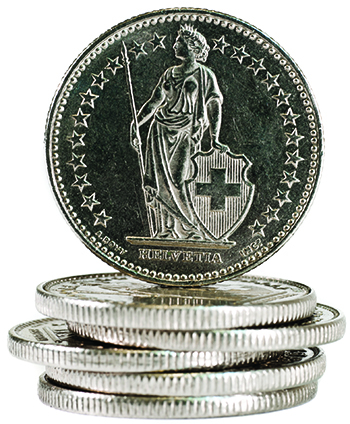
(Photo courtesy Getty Images.)
I had been led to a luxurious suite overlooking a charming sculpture garden, held three shiny Helvetia 2-franc coins, and gazed at the stars beginning to appear in a cloudless sky. All seemed right with the world. I was ready to head for the bar to exchange a newly minted 20-franc piece for a robust Cohiba cigar. Both were things of beauty.
But as I soon realized, giving up that piece of Switzerland, a country still locked into using its own currency of the realm and not the euro, was a mistake I would pay for dearly.
Once I finished that cigar, I had a decision to make. Would I eat in one of the Castagnola’s sumptuous restaurants, or be more adventurous by going to an Italian restaurant in the center of Lugano?
My new friend behind the concierge desk had given me a few bus passes, so I decided to see if this lakeside city turned popular warm weather resort was brimming with nightlife.
It was. Every bar was jammed, teeming with young people gaily flashing brightly colored red, yellow, and gray Swiss banknotes – 10s, 20s, and 50s – in seeming defiance of the financial ills gripping Italy, Spain, and other European countries.
Exhilarated by the merriment, I proceeded to an Italian restaurant and celebrated my arrival in this Alpine city by ordering a three-course meal and a bottle of fine Chianti wine.
Everything seemed perfect, that is, until it came time to pay the meal.
I reached for my wallet and suddenly realized it had been left in the hotel, along with my passport. Moneyless and stateless, a stranger in a foreign land, a nobody without even a few of those shiny francs to show the restaurant owner.
My heart sank the moment I had to explain my predicament to him.
“What, no money, no credit cards, nothing?” he barked.
I just looked at him, powerless to respond. I had been reduced to a non-person, some sort of criminal. Now if I only had some shiny Helvetia coins, Switzerland’s independence from the rest of the world’s chaos, I would again be a free man.
What could I do? After suffering more irritated, increasingly angry looks from the owner, I convinced him to call the hotel. That caused me more embarrassment, and I eventually went back there to retrieve my money.
I was still left with disturbing thoughts.
How many people had fled from Nazi Germany to wrap themselves in the survival opportunities Switzerland promised – to convert their life savings into Swiss money, and to be suddenly free from oppression?
Yes, those beautiful coins back then brought them new beginnings, new lives. So even though those franc pieces first caused me a night of difficulties, they were still lovely. They had brought so many people passports to freedom.
Want to receive COINage magazine in your mailbox or inbox? Subscribe today!

